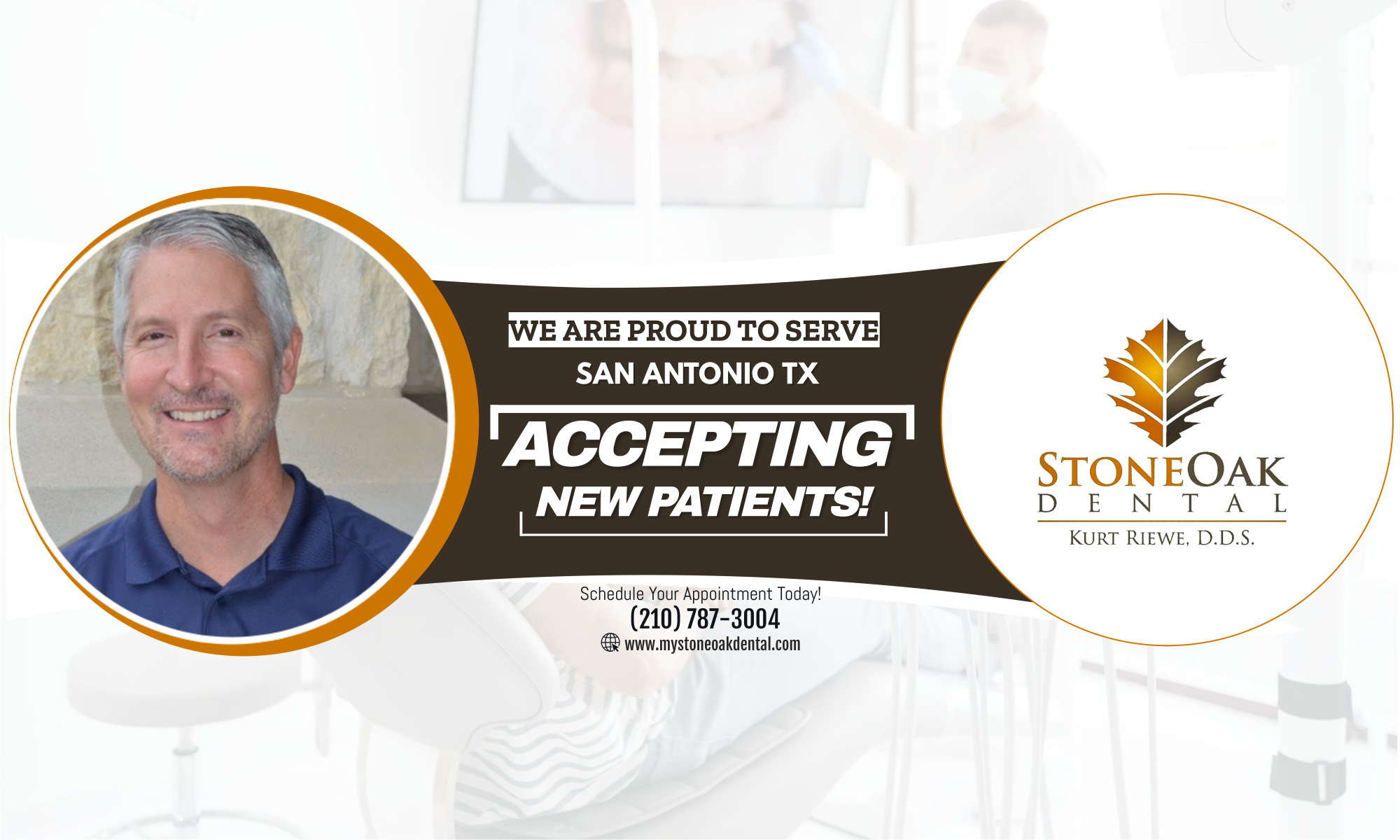Bad breath – also known as halitosis – is an unpleasant condition that can cause a great deal of embarrassment.
And, for many people, it’s made even worse by the fact they don’t even know that they have it.
There are many possible causes for bad breath so, if you think you might have the problem, talk to your dentist.
What you eat affects what you breathe out. Certain foods, such as garlic and onions, contribute to objectionable breath odor and even dieters may develop unpleasant breath from infrequent eating.
If you don’t brush and floss daily, particles of food remain in the mouth, collecting bacteria, which can cause bad breath.
Bad breath can also be caused by dry mouth (xerostomia) which occurs when the flow of saliva decreases.
One of the reasons why it’s especially important to talk to your dentist about bad breath is that it may be a sign of an underlying medical problem such as respiratory tract infection or gastrointestinal problems.
Persistent bad breath or a bad taste in the mouth can also be a warning signs of gum disease.
Smoking can also cause bad breath, stain teeth and reduce your ability to taste foods.
For all these reasons, you shouldn’t put up with the problem of bad breath. Talk to your dentist and find out what might be causing the problem.
